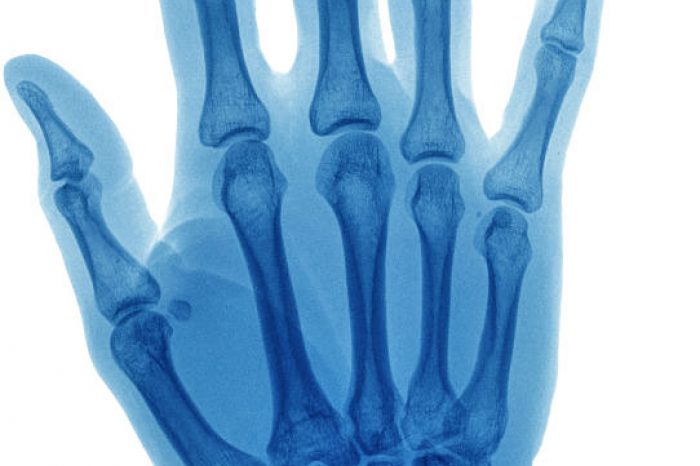

Carpal tunnel syndrome is the most common peripheral entrapment, and clinical symptoms consist of numbness, paresthesia, pain and weakness (Atroshi et al, 1999). Traditional carpal tunnel syndrome is performed using an open, endoscopic and mini-open approach. A percutaneous approach using ultrasound guidance was first described in 2005 by Rowe et al. in a cadaveric study. This approach relies on using an ultrasound probe to visualize the at-risk structures, including the median nerve and adjacent arteries.
In a recent systematic review evaluating the clinical efficacy and safety of ultrasound guided carpal tunnel release, Chou et al screened 87 studies and found 20 studies with a total of 1,772 cases of percutaneous ultrasound guided carpal tunnel releases.
The authors found that these early studies suggest that percutaneous carpal tunnel release was effective. No permanent nerve or vascular complications were reported. The return to work was significantly shorter on average that the mini-open carpal tunnel release.
Meniscus tears are one of the most common causes of knee pain in active adults and aging athletes alike. If you’ve been told you have a “degenerative meniscus tear,” you may have also heard that surgery isn’t always the
Read MoreFor patients with chronic adductor longus tendinopathy, a newer option is emerging: ultrasound-guided tenotomy using the Tenex system. Recent clinical evidence suggests this minimally invasive approach may effectively
Read More